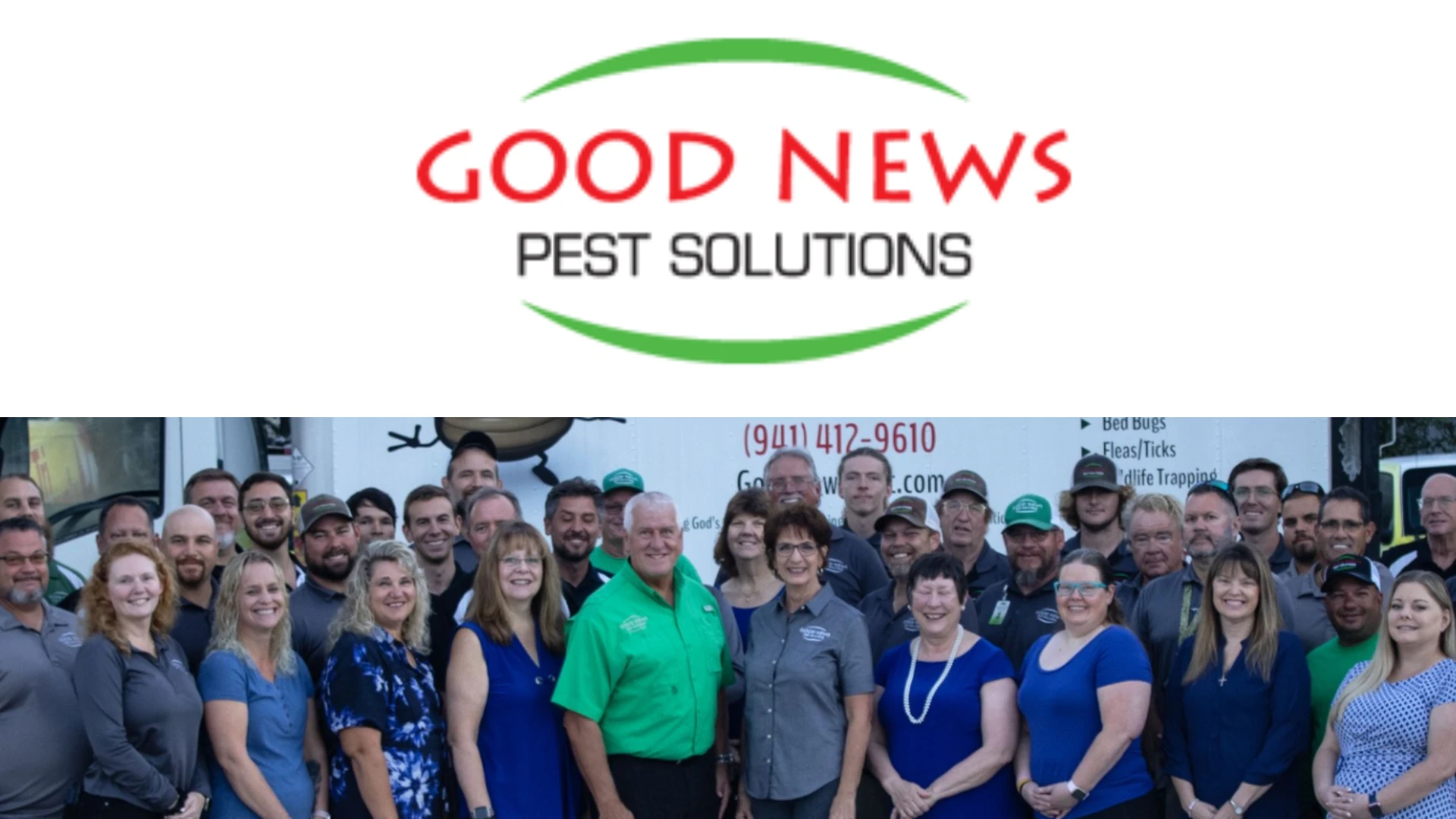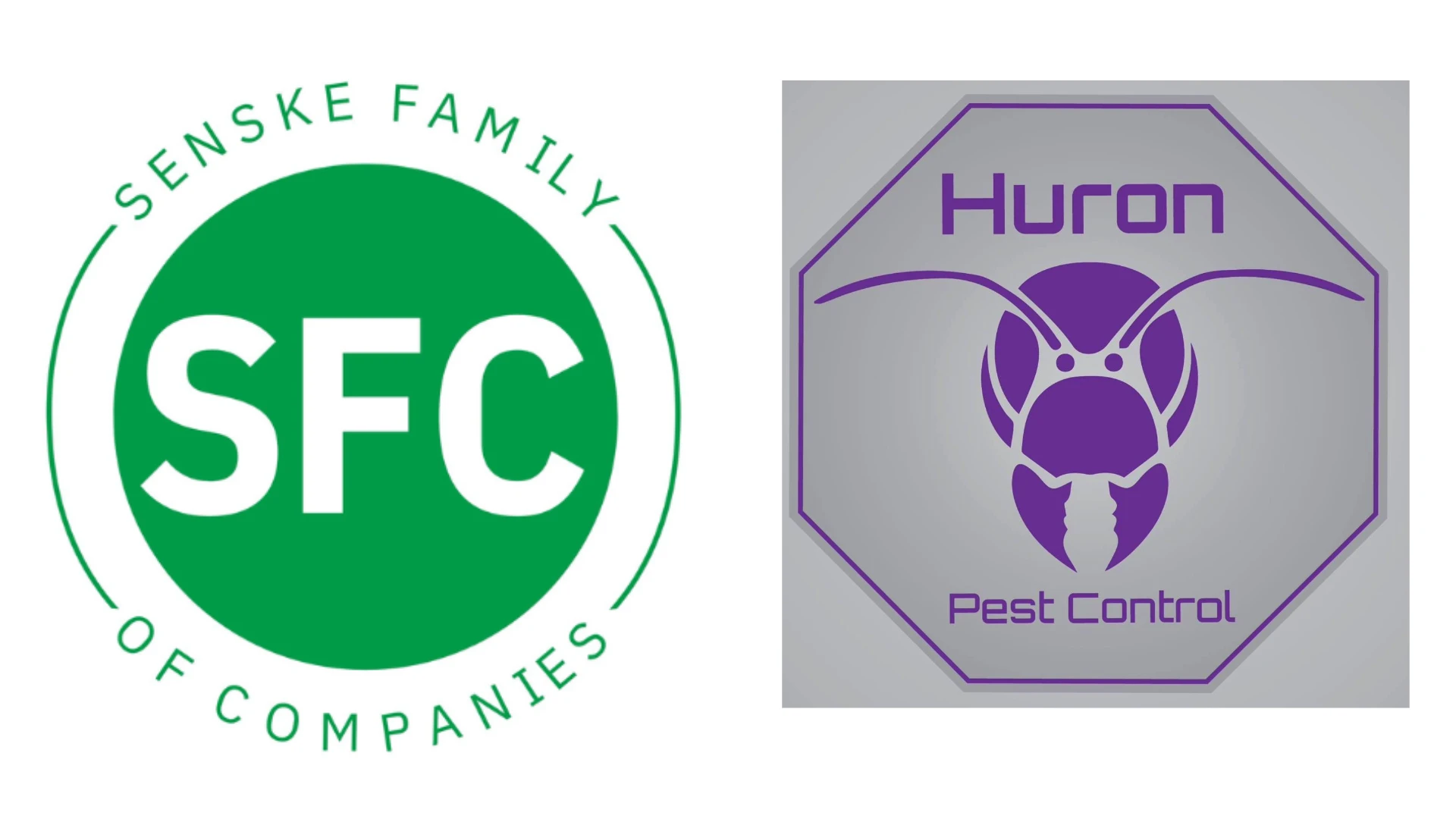I am a fortunate husband. I have a wife who loves sports, her favorite of which is Major League Baseball. She also likes NFL and college football. She will even put up with me watching NASCAR. Of all the sporting teams that we follow there is only one on which we agree: the St. Louis Cardinals. With the recent addition of Nebraska into the Big 10, we are now a house divided with college football. I enjoy watching my Ohio State Buckeyes, but, let’s face it, 2011 was a rough year. Actually, it was a rough year for several programs.
When the news broke last year about Penn State’s former assistant coach’s alleged misconduct, the media could not stop talking about it. Then there was the ultimate news — legendary head coach Joe Paterno was fired. What I read was that he did not report the incident to law enforcement. Notice I said, “law enforcement” and not “the proper authorities.” Once he was informed of the misconduct, he did report it to his immediate supervisor, the athletic director.
This sparked heated debates between my wife and me. She is a youth and family therapist and deals with victims of crimes similar to the allegations against Jerry Sandusky. She thought the dismissal of Joe Paterno was the correct decision by Penn State. I disagreed. In my mind, he notified his supervisors and, therefore, put the responsibility on the athletic director.
Your Reaction? How does this relate to your pest management business? In my position, I travel throughout North America visiting pest management companies. In conversations last year, the topic of Penn State often came up, and people generally had an opinion — which I followed with the questions: “If this were to happen in your company, do you have a policy on how to handle it? If a manager tells you that a service technician witnessed something similar, what will you do?”
The response that I received was always the same: silence. Most PCOs have not thought about it. Why would they? Well, it could happen. Many pest management companies service apartments and multi-family housing units. The service technicians enter these living spaces and see many odd and peculiar things. But we turn a blind eye to the “weird,” perform our service and get out. To each their own, right?
Formerly, I was an operational manager for a pest management company. The company sold a new multi-family complex its pest control services. One day, a newer technician called me from the complex saying, “There is a 1- to 2-year-old in a playpen in the apartment alone. What do I do?”
I responded that the caregiver was probably in the neighboring apartment and would return shortly; service the other apartments on the floor and come back. If the baby is still there alone, then report it to the complex management. The mother did not return, so the technician reported it.
Should I have reported it to law enforcement? The technician came to me a few days later and said that he was not going back to the complex because what he saw disturbed him so much. I thought he was trying to get out of work and made him go back. Maybe I should have taken it more seriously.
A Policy in Place. Your company may have policies that cover sexual harassment, smoking and professionalism. However, many do not have policies to properly handle situations like Joe Paterno’s and the technician’s — which your employees may encounter more than we might believe.
I had a service manager who gave an annual training class on “What to Do When Things Go Wrong.” It covered topics such as how to handle a homeowner who is home alone and conducting themselves inappropriately; what to do if someone is having a medical issue and you are the first responder; and how to handle a media situation. The training proved to be valuable as future situations arose.
How do you want your employees to handle similar situations? Do you want them to report it to law enforcement, to the proper authorities or both? I would encourage you and your company to consider this issue. Contact your local child welfare agency and learn your local “mandated reporter” laws. Start the conversation within your own company to see if you can find solutions together. If we can start the conversation, we can avoid the possibility of a situation similar to that of Penn State — the situation of possibly not doing enough.
The author is an Associate Certified Entomologist and service quality manager at Copesan. E-mail him at dramsey@giemedia.com.

Explore the April 2012 Issue
Check out more from this issue and find your next story to read.
Latest from Pest Control Technology
- Webinar: Employee Incentives — Going Beyond the Annual Raise
- Pest Control Companies Helping Neighbors in Need Eradicate Bed Bugs
- Why Does Marketing Feel So Opaque?
- How Did This Pest Get Its Name?
- Rose Pest Solutions Honors Top Performers with Annual Chief’s Club Awards
- Doug Foster on Termite Control Equipment, Resources
- Pest Control Consultants Acquires EcoGuard Pest Control
- Pest Index Increased 9 Percent YOY in February






